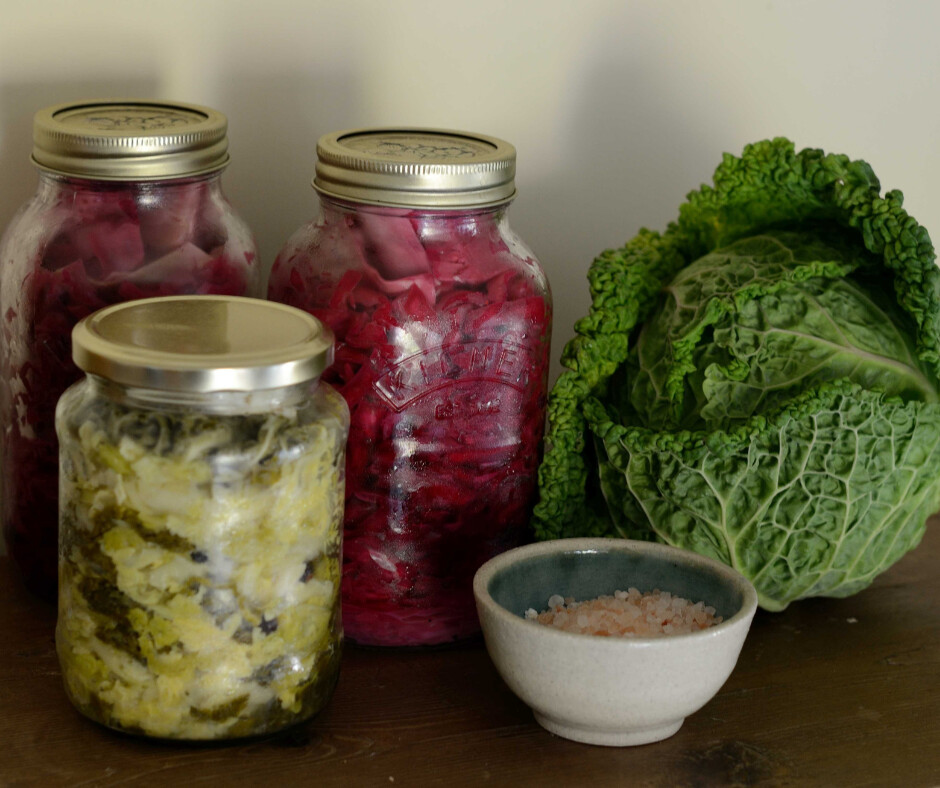
Cabbage is one of the cruciferous vegetables that people with thyroid issues may choose to avoid. That's because it contains goitrogens that interfere with the uptake of iodine in some people. However, if you are getting enough selenium and iodine in your diet, it may not be an issue. You can void any concerns you may have by cooking your cruciferous vegetables because that breaks down those compounds. Here are some health benefits and other things to know about cabbage.
Types of Cabbage
The most common type of cabbage is green cabbage. It has a mustard like flavor that becomes sweeter and milder when it is cooked. There are many varieties of green cabbage. Some varieties are almost white. Savoy cabbage is darker green with crinkly leaves. It has a milder flavor than many other cabbages. There are many varieties of savoy cabbage as well. Red cabbage is almost purple in color and has white veins. The dark color means it is full of beneficial phytonutrients. Chinese cabbage is more oblong in shape than the other cabbages. It is most commonly served cooked because some varieties have a stronger mustard taste when eaten raw.
Reduces Inflammation
Because cabbage is full of antioxidants, it may help reduce inflammation in your body. Reducing inflammation is always beneficial because it is considered to be a root cause of many health conditions. Another compound found in cabbage, anthocyanin, has been studied for it's many health benefits. Surprisingly, cabbage is rich in vitamin C. Vitamin C is a powerful antioxidant that has long been studied for it's health benefits.
Contains Prebiotics
Cabbage contains both soluble and insoluble fiber. Your body used soluble fiber to cleanse and move unwanted substances out of your body. It can help you feel full longer and so can be part of a healthy weight management strategy. Insoluble fiber feeds the good probiotic bacteria in your gut. So you get the best of both worlds when you eat cabbage. If you are not used to eating much fiber though, you'll want to start slow because it could cause bloating or be difficult for you to digest. Cooking it or fermenting it may make it easier for you to digest.
Vitamins and Minerals
Cabbage has an impressive nutrient profile and is low in calories. Many of the vitamins and minerals found in cabbage have been studied for their health benefits. It is rich in folate and vitamin B6, both of which are essential for many important processes in the body. One of the things they do is help with energy metabolism and the healthy functioning of the nervous system. The mineral potassium in cabbage is an important electrolyte. Your body uses it to regulate blood pressure. A single cup of cabbage also contains 85% of the recommended daily amount of vitamin K1.
Storing
You can keep cabbage unwashed in your refrigerator for up to 2 weeks. Keeping it cool will help it to retain the vitamin C in it. If you don't use the entire head of cabbage when you first prepare it, store the unused part in container in the refrigerator for up to 3 days for optimal nutrition. Because of the high water content of cabbage, it is not recommended that you store it frozen. The water will burst the cell walls.
Did this help you? If so, I'd greatly appreciate it if you commented and/or share it on social media.

Email: sharonledwards@hotmail.com
Facebook: https://www.facebook.com/sharonledwardsbiz/


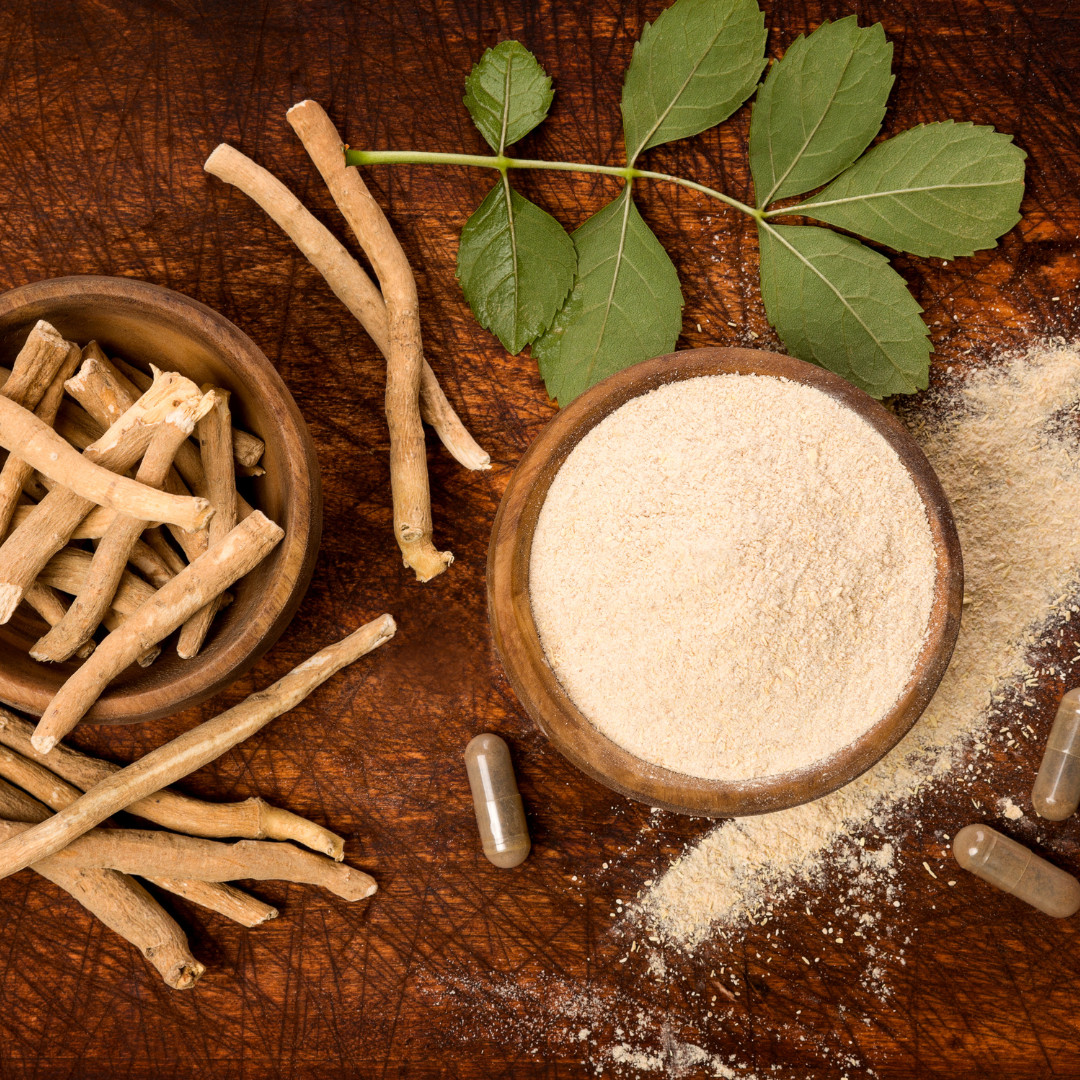



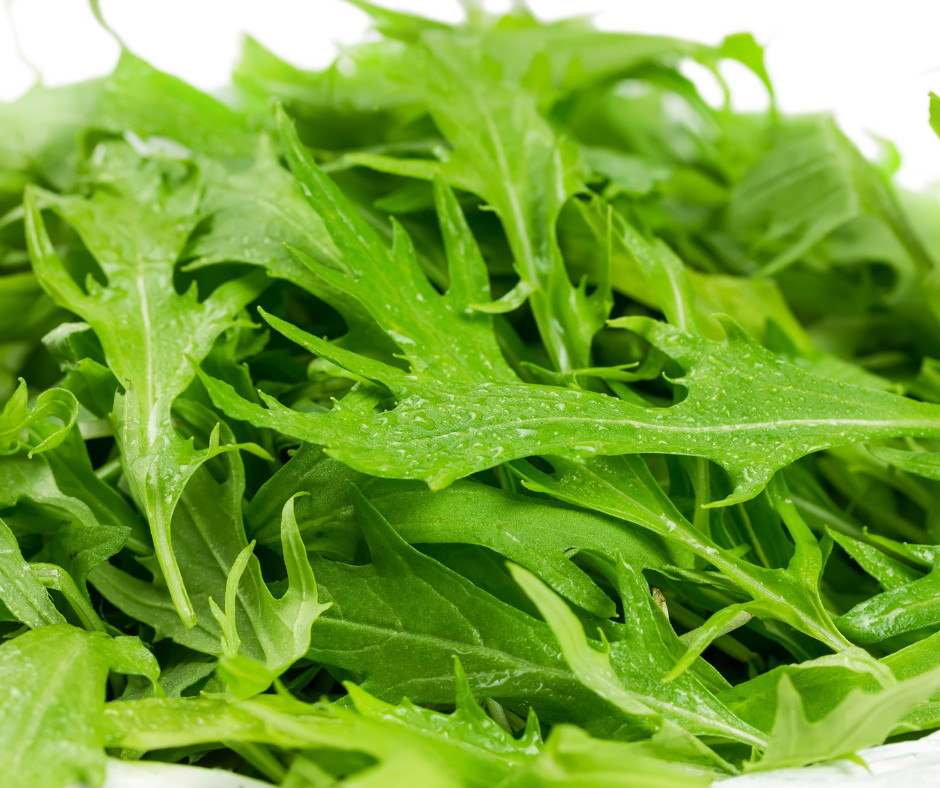

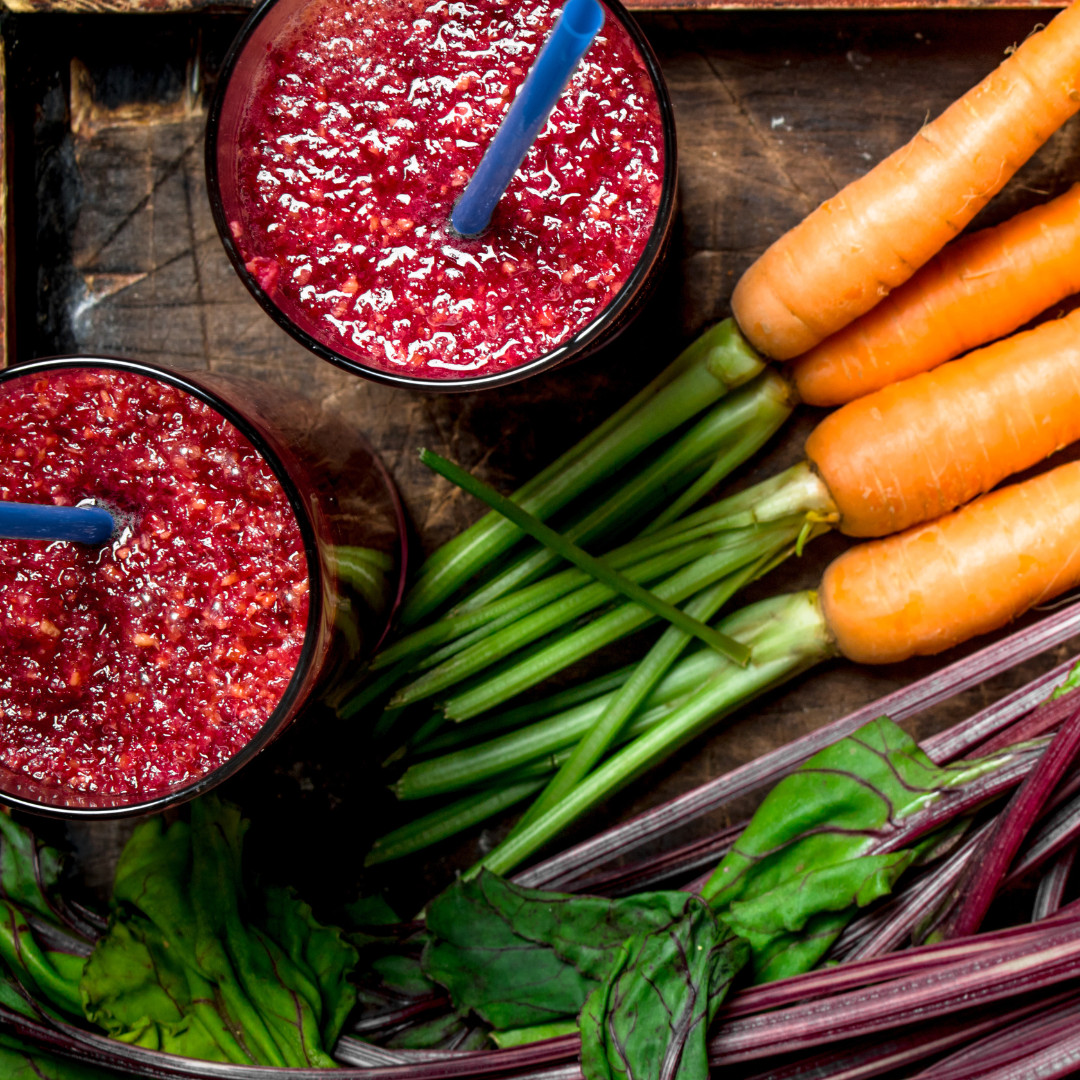

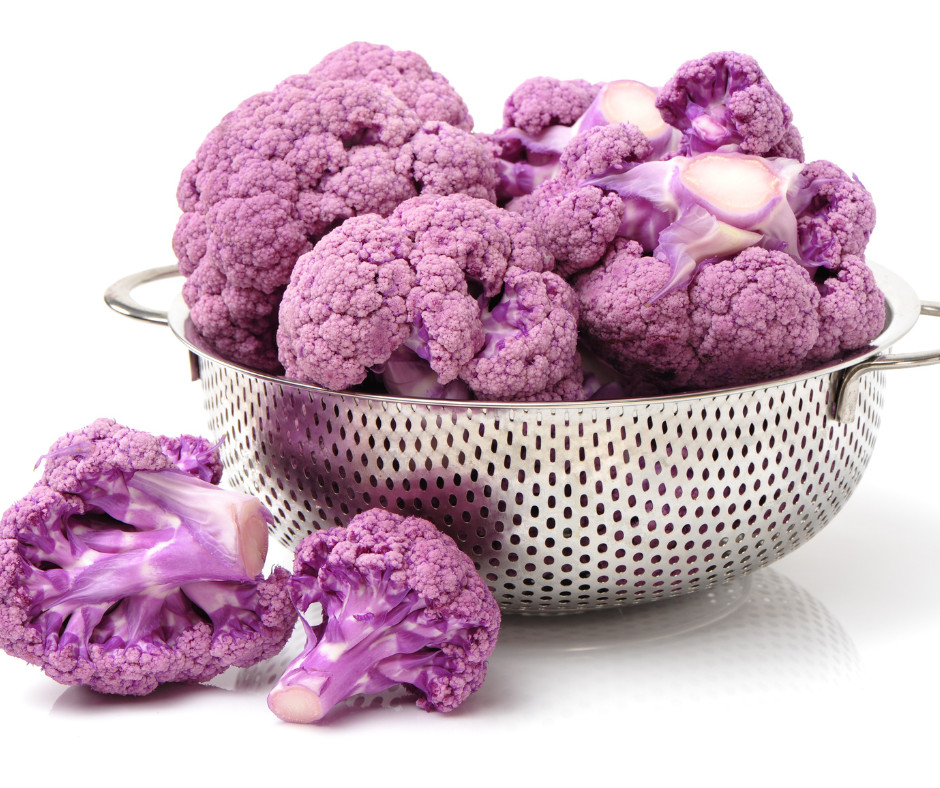
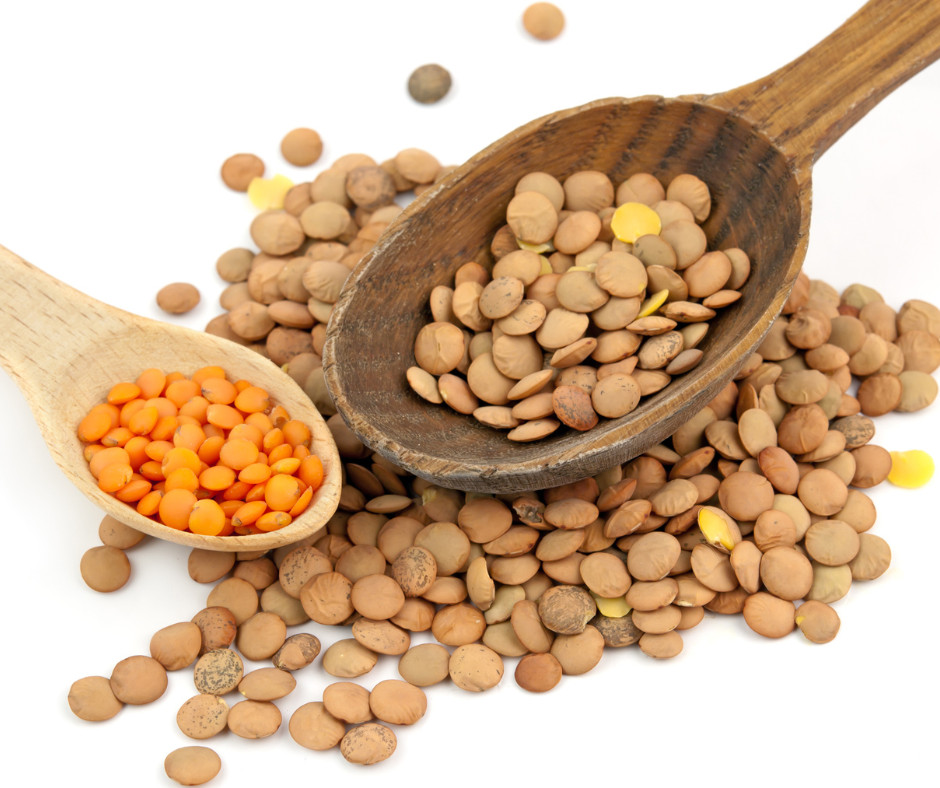
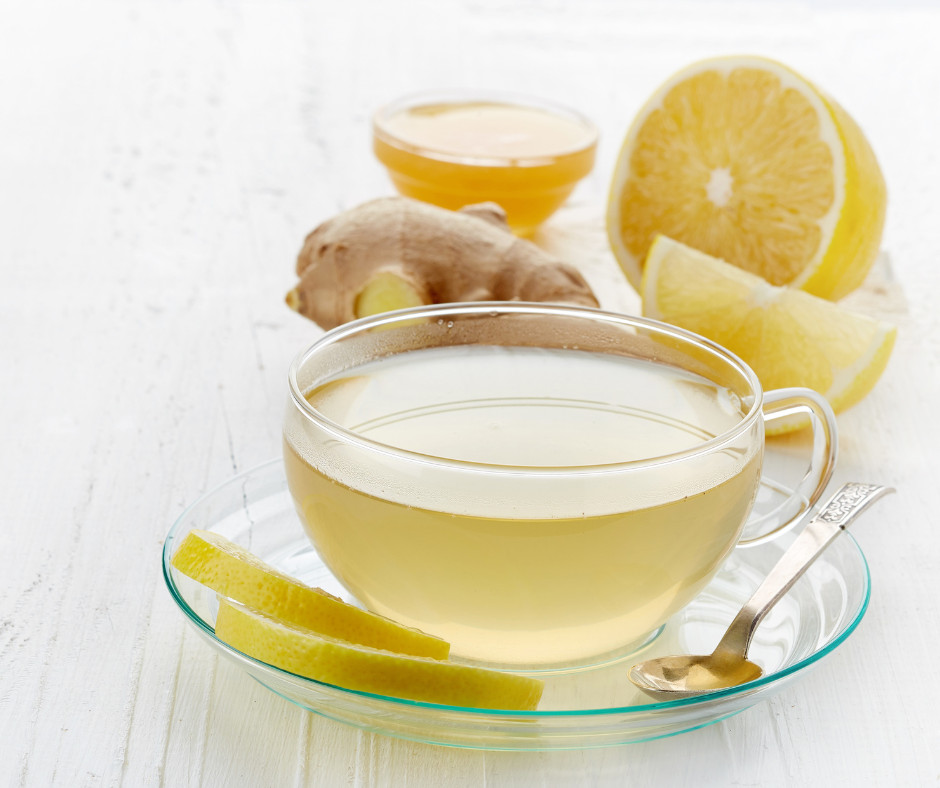





0 Comments